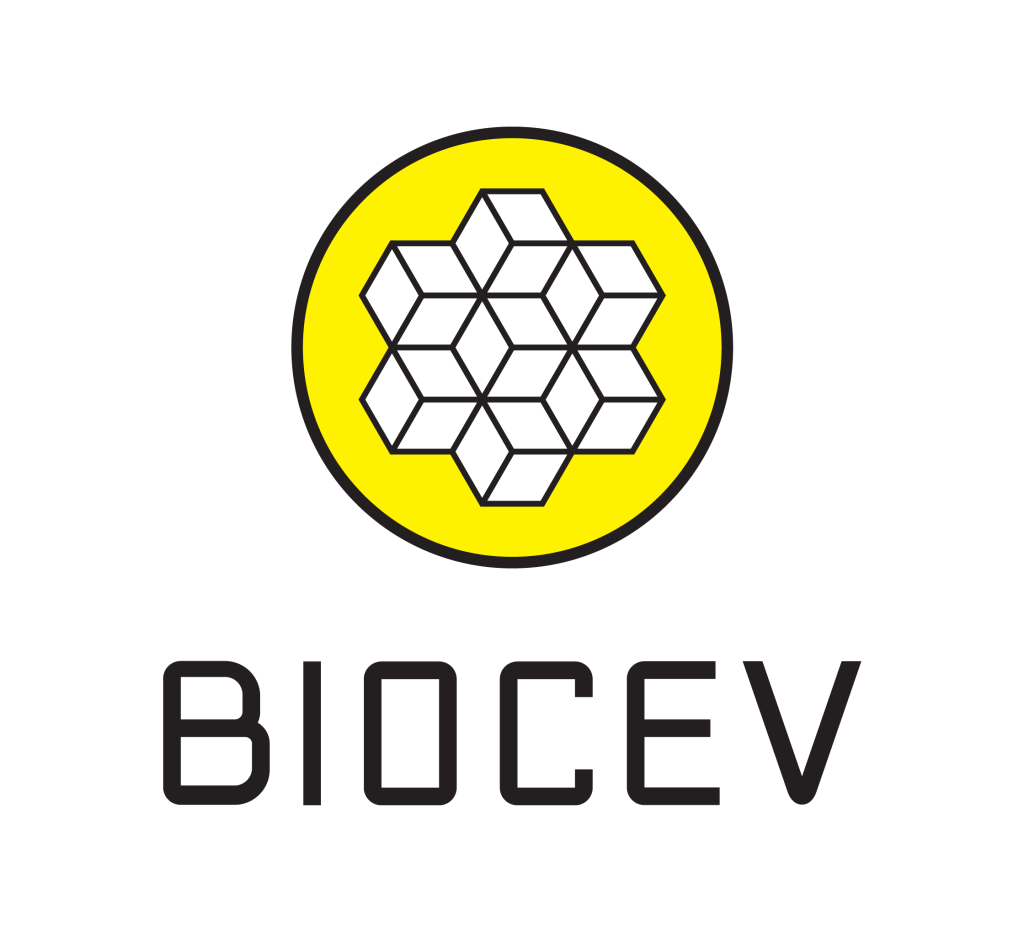Obesity is associated with a low-grade inflammation of adipose tissue when pro-inflammatory macrophages negatively affect adipocytes. We have shown that n-3 long chain fatty acids (omega-3)-derived lipid mediators, eicosanoids and docosanoids (oxylipins) released from adipose tissue, exert beneficial metabolic effects in obese mice, but the molecular mechanisms and contribution of either adipocytes or macrophages are unknown.
Our hypothesis is that omega-3 specifically stimulate production of pro-resolving lipid mediators via a pathway integrating CD36—GPR120—MAP kinases—phospholipases A2 and the enzymes of oxylipin metabolism.
Therefore, our aims are to
- characterize transport and signaling events triggered by omega-3 with relation to oxylipin production
- explore contributions of the enzymes involved in oxylipin metabolism
- characterize cooperation between adipocytes and macrophages in oxylipin production by means of molecular biology and mass spectrometry.
Our results will be important for a more complete understanding of the metabolic role of omea-3 in adipose tissue.
Supported by the Project CSF (no. 13-04449P; 2013-2015) PI: Ondrej Kuda, PhD.









